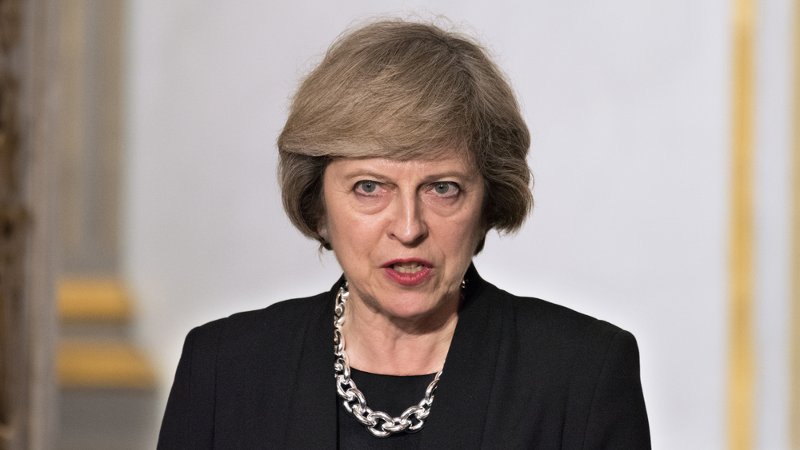Mrs May addressed an audience in Wales yesterday.

Theresa May has announced a limit on the amount of money people will have to pay for social care, the BBC reports.
Mrs May told an audience in Wales that people should always have “something to pass on to” their family after their passing and that those affected will “never have to go below £100,000 in savings.”
Despite other suggestions, the Prime Minister insists that this was not a policy 'U-turn' and that the Tory manifesto may not have mentioned a cap but did offer a “long-term solution.”
Dean Mirfin, technical director at Key Retirement, said: “If the proposed social care changes come to pass this will actually lead to an increase in demand for more advice.
“Equity release is already used by some to fund home care costs and this may well increase in the future as people will want greater flexibility over how they use the value in the home as part of their overall financial planning, as opposed to just meeting care costs.
“The irony of the proposed changes is that a vast percentage of those receiving home care, especially full-time home care, are typically funding some or all of the cost themselves with the core of funding for care by local authorities being for residential care.
“The devil as always will be in the detail, for example what if the property is jointly owned and the spouse is still residing in it? There are still many unanswered questions.”
Andrea Rozario, chief corporate officer at Bower Retirement, added: ““The Conservatives’ U-turn on proposed care costs is no big surprise.
“The fear of the potentially very high and unknown costs to long term care is a worry for many and even if only the estimated 10% need care costing more than £100,000 the likelihood is that this will increase with an ageing population.
“Equity release is used for a number of reasons and care costs are just one of these reasons but for many knowing that there is a maximum cost and what that will be will enable future planning and security.”
Tom Moloney, partnerships development manager at Age Partnership, claims we can no longer ignore the social care "crisis" that the UK is facing. "Although few would have expected social care to be one of the focal points of a “Brexit” election, the inclusion of this reform in the Conservative manifesto has valuably moved this necessary conversation up the agenda and into the public domain.
“Resolving this issue will be challenging and there will be many uncomfortable conversations and difficult decisions to be made. However, we are all part of a society with a rapidly ageing population and only by taking collective responsibility are we likely to agree and build a range of appropriate solutions as a “one size fits all” approach is unlikely to work."



